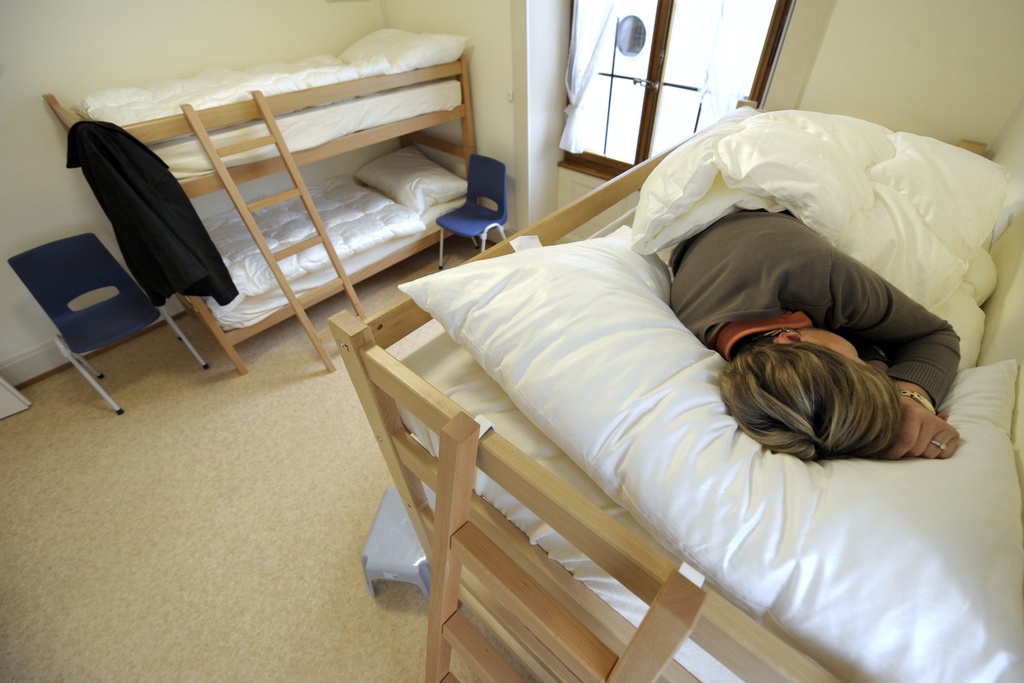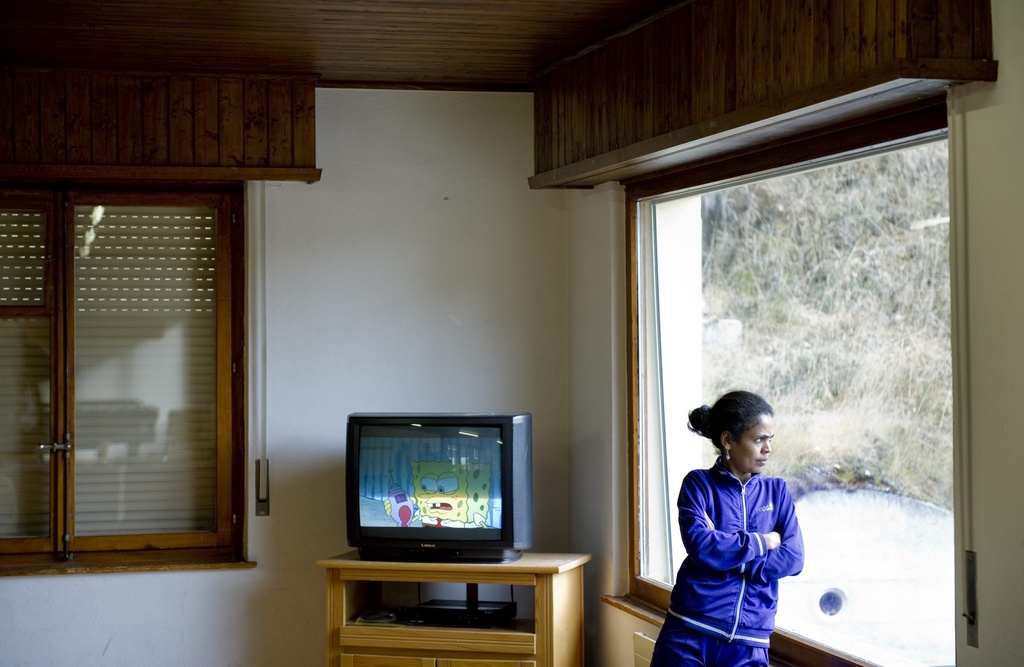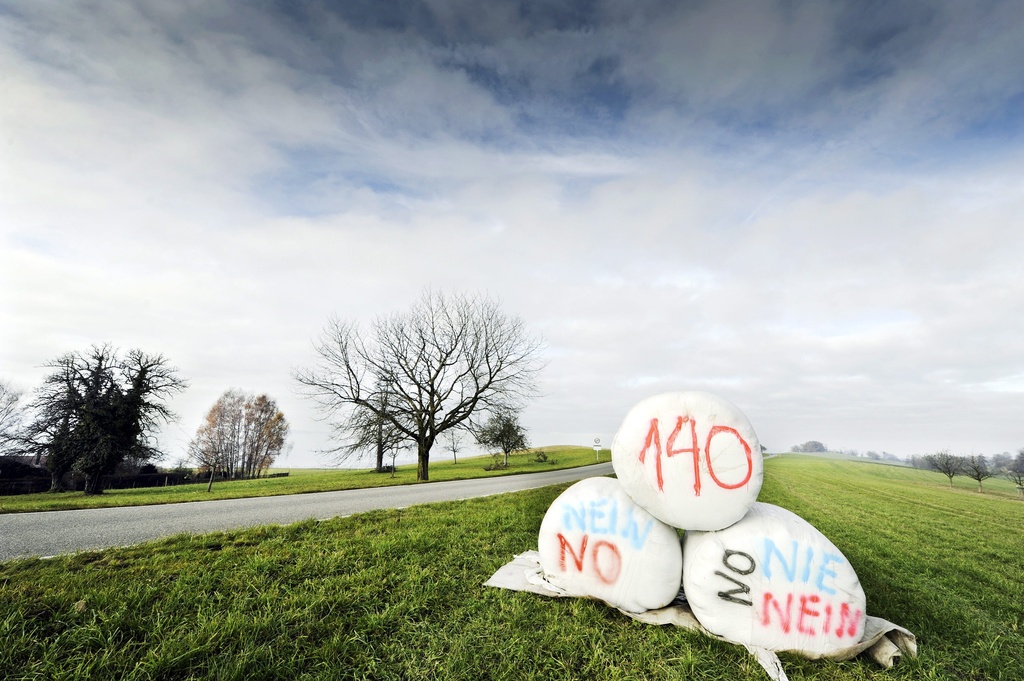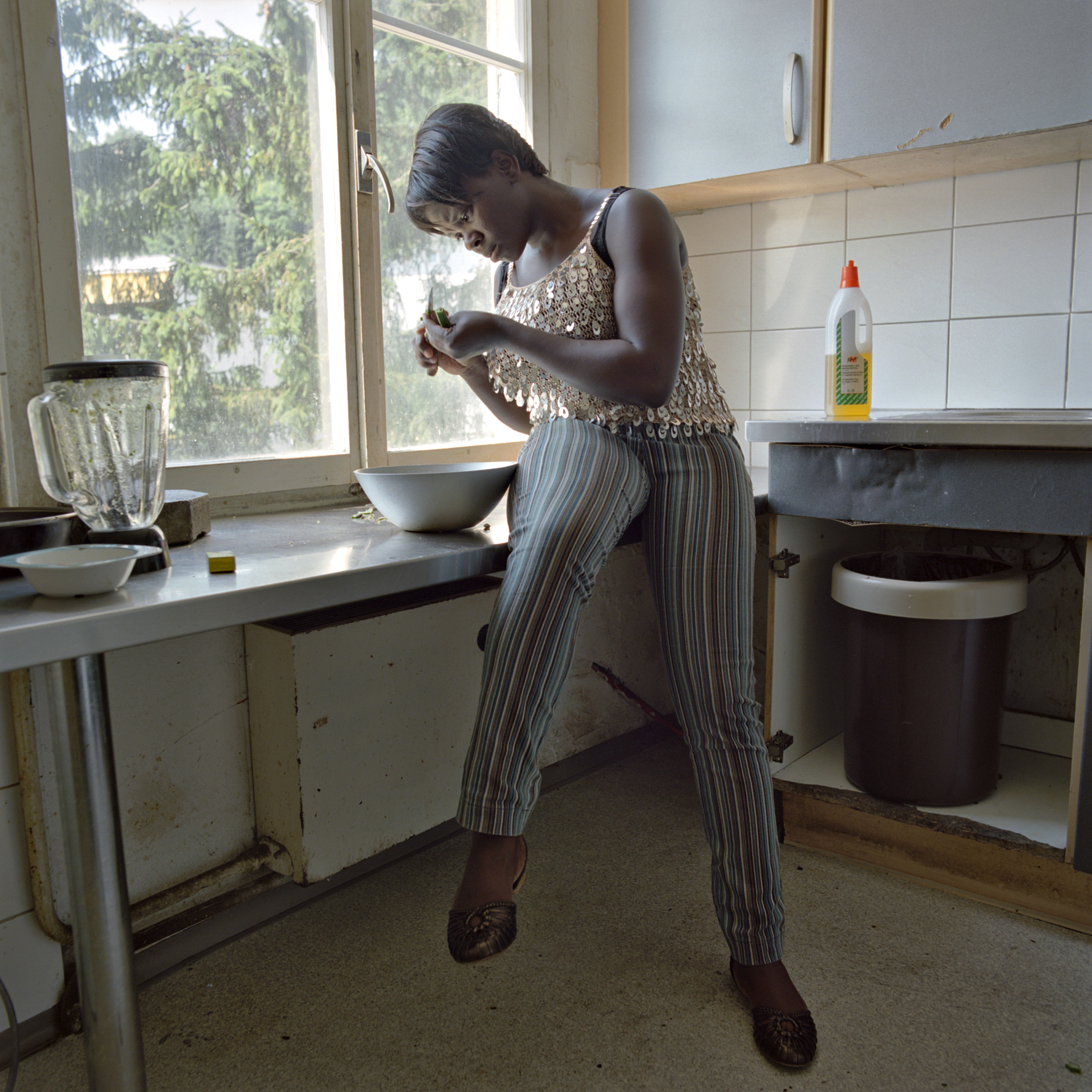Dublin agreement comes under stress

Switzerland only manages to send around half of Dublin-agreement recognised asylum seekers back to the countries in which they were first registered, statistics show.
Italy in particular is slowing down the process. But the Federal Migration Office has rejected claims that there is a crisis around the Europe-wide Dublin asylum deal.
Under the Dublin agreement, which Switzerland joined in 2008, Switzerland can send rejected asylum seekers back to the first European country in which they were registered. This country is then responsible for dealing with cases and repatriation if an applicant is rejected.
In 2011, the number of asylum requests in Switzerland rose by 45 per cent to 22,551 compared with the previous year. According to the migration office, this was because of the Arab Spring and the open migration routes from Tunisia and Libya to southern Italy. Refugees from Eritrea, Tunisia and Nigeria made up the majority of applicants.
There was an increase in the number of people deported to other countries under the Dublin agreement; in 2010 it was 2,722, by 2011 it was 3,621 (+33 per cent). But the 2011 figure was only around half of the total Dublin-recognised cases (7,014).
Indeed, the number of applicants being sent back to Italy is under target. Two-thirds of Swiss Dublin cases concern Italy: of the total 3,621 returnees in 2011, 2,365 went back to Italy and these were mostly rejected asylum seekers from Tunisia.
Italy overwhelmed
Given that Italy has itself to deal with 60,000-70,000 refugees, Switzerland’s southerly neighbour is not in a particular hurry to take in all the Dublin cases.
The country has already limited the number of deportations to a maximum of 250 asylum seekers a month and requires those being returned to Italy to come in by air.
The latest measure seeks to stop asylum seekers returning via Rome’s Fiumucino Airport because the centres there are overflowing. Milan’s Malpensa is favoured instead.
This means, however, that asylum seekers from Switzerland’s southern canton of Ticino have to first be taken to Zurich before they can be flown on to Milan. Not only does this create more work, but there are fears in Ticino that rejected asylum seekers could soon find their way back to the border at Chiasso.
Long procedure
The Federal Migration Office said that it regretted this procedure, but that it was a legitimate one. Every Dublin country can decide for itself where deported asylum seekers should be sent, it said.
Politicians from different parties have meanwhile criticised the development, saying that the Dublin deal was becoming ever more difficult to put into practice.
Karin Keller-Sutter, president of the Conference of Cantonal Justice and Police Directors, and St Gallen cantonal senate member, recently told the Sunday press: “75 per cent of the cases in St Gallen centres are currently Dublin cases”.
She called on the government to speed up the asylum procedure in its centres and to carry out returns directly from these centres. She said the current system took too long.
However, migration office spokesman Michael Glauser rejected the idea that the Dublin agreement procedure was in crisis.
“Switzerland took in 482 Dublin transfers last year, but undertook 3,621 transfers to other Dublin countries,” he said. Thus Switzerland profited from the Dublin accord.
Sommaruga’s defence
Justice Minister Simonetta Sommaruga has also come to Italy’s aid, rejecting the allegation that it was a bad partner in terms of asylum issues.
“Cooperation with Italy can certainly be improved,” she said in a newspaper interview. “But it’s better than many people claim.”
In any case, in March the migration office will be sending a liaison officer to Rome to help improve cooperation.
Nevertheless, the government has recognised that it needs to act over Dublin asylum seekers – 15 per cent of these return to Switzerland shortly afterwards and reapply for asylum.
These people will in future only receive emergency aid and their new applications will not be considered. The authorities hope that, by toughening up measures, they will dissuade rejected asylum seekers from trying to travel back to Switzerland for a second or even a third time.
(Translated from German by Isobel Leybold-Johnson)

In compliance with the JTI standards
More: SWI swissinfo.ch certified by the Journalism Trust Initiative
















You can find an overview of ongoing debates with our journalists here . Please join us!
If you want to start a conversation about a topic raised in this article or want to report factual errors, email us at english@swissinfo.ch.